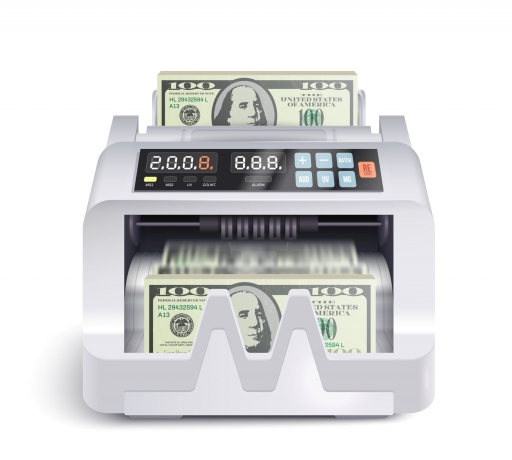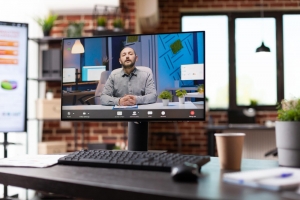Managing cash manually can be slow, error-prone, and stressful, especially for businesses that handle large volumes daily. The right equipment can turn this repetitive task into a fast, precise, and secure process. Modern money counting machines speed up the process, help detect counterfeit bills, and keep accurate transaction records. This makes them a practical investment for retail stores, banks, and other cash-heavy operations.
However, not all machines are built for the same environment or workload. The model that works for a busy supermarket might not suit a small café, and vice versa. To choose the right one, you need to consider speed, accuracy, durability, and extra features that match your operational needs.
Determine Your Counting Volume and Speed Requirements
Start by assessing how much cash your business processes in a typical day. A small retail outlet with moderate cash flow might be fine with a mid-range machine that counts a few hundred notes per minute. Large-scale operations, like casinos or wholesalers, may need high-speed models capable of counting over a thousand notes per minute.
Speed is important, but so is maintaining accuracy at that speed. Some machines lose reliability when pushed to their maximum rate. Look for a model that can handle your average workload consistently, with room for peak periods.
If your business handles a mix of old and new bills, or multiple denominations, make sure the machine can handle them without frequent jams or misreads.
Decide Between Basic and Advanced Models
Basic currency counters are designed to do one thing well: count bills quickly. They're often more affordable and easy to operate. However, they may lack advanced detection or sorting capabilities.
Advanced models can detect counterfeit bills using UV (ultraviolet), MG (magnetic), or IR (infrared) sensors. Some can sort notes by denomination, which is useful if you receive mixed stacks and need them separated automatically. Others offer batch counting, allowing you to set a specific number of notes per bundle, which helps prepare bank deposits.
Choose the features that will genuinely make your daily workflow easier, rather than paying for capabilities you won't use.
Evaluate Detection and Security Features
Counterfeit detection should be a priority if your business regularly deals with cash from different sources. Machines with multi-layered detection, i.e., UV, MG, and IR combined, offer better protection against sophisticated fakes.
Some models also detect torn, damaged, or taped bills, which prevents errors in your cash records and helps maintain quality control. For higher-risk environments, opt for machines with a comprehensive detection system that alerts you instantly and stops counting when a suspect bill is found.
Security also extends to operational safety. Look for features like overload protection, automatic start/stop, and jam clearance systems to prevent mechanical issues and downtime.
Consider Size, Build Quality, and Noise Level
A compact machine might be ideal for a small counter space, while larger models often come with extra features but take up more room. Match the size to your workspace without compromising usability.
Build quality matters for longevity, especially if your business runs the machine for several hours a day. Machines with sturdy casings, high-grade internal components, and easy-access maintenance panels will last longer and require fewer repairs.
Noise can also be a factor. In a quiet office or customer-facing space, a loud machine can be disruptive. Check manufacturer specifications or reviews for real-world feedback on noise levels.
Factor in Maintenance and Support
Even the best machines need occasional maintenance. Choose a brand that offers reliable customer support, easy access to spare parts, and clear maintenance guidelines. Some suppliers provide regular servicing plans, which can extend the life of the machine and prevent costly breakdowns.
User-replaceable parts like belts and rollers can save time and reduce downtime. Also, consider how easy it is to clear jams or clean the machine, especially if your staff will be handling these tasks.
Warranty coverage is another sign of manufacturer confidence. A solid warranty can protect your investment and give you peace of mind.
Balance Cost With Long-Term Value
Price should be weighed against the benefits over the lifetime of the machine. A cheaper model may cost more in the long run if it breaks down frequently, struggles with accuracy, or lacks essential features.
Calculate not just the upfront price but also ongoing costs like maintenance, replacement parts, and potential losses from counterfeit slips. Sometimes, spending a bit more initially results in better performance, fewer problems, and a longer service life.
Compare several models side by side, looking at performance metrics, user reviews, and feature sets. This will help you make a balanced decision based on both your budget and operational needs.






